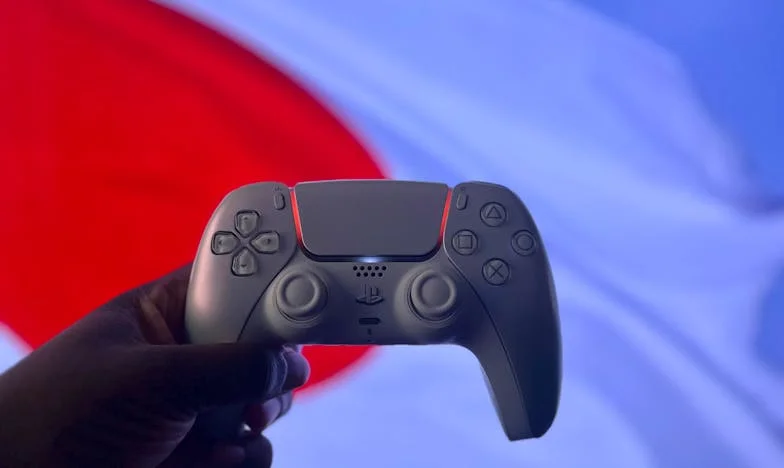The Most Important Man
“Why haven’t you called your father back?” Mom’s voice cut through the static of the night, sharp as the icy wind whipping down Belmont Avenue. I hunched my shoulders, trying to block out both the cold and her words, my breath fogging up the glass of the bus shelter as I waited, shivering, for the #77 to crawl out of the darkness.
“I told you, I’ve been busy,” I muttered, but she wouldn’t let it go. She never did.
“Busy? You think he’s not busy? After everything he’s done for you—”
The bus thundered up, brakes screeching. I climbed in, fumbling for my Ventra card with numb fingers, not meeting the driver’s eyes. I didn’t want anyone to see the tears fighting their way to the surface, the ones I’d been holding back since Dad left three months ago.
He didn’t go far. Just three blocks down, to a different apartment. But it felt like miles, like he’d crossed into another country. He called sometimes, left messages. Always the same: “Hey, kid. Just checking in. Call me back when you can.”
I never called back.
I pressed my forehead to the cold window, watching the city smear by in streaks of yellow and gray. My phone buzzed. Mom again: “You’re breaking his heart, Amanda.”
Was I? Or was I just finally letting him feel a fraction of what I’d felt all these years: the waiting, the silence, the uncertainty. I remembered so many nights, sitting at the kitchen table, the heavy tick of the clock as Mom reheated dinner again, my homework half-finished, both of us pretending not to listen for his key in the door. Most nights it never came. Dad always had a reason—work, meetings, some friend who needed him more than we did.
The bus lurched to a stop near the hospital, and I got off, my boots crunching on the frosted sidewalk. I’d started working here part-time to save up for college. Not the fancy school Dad wanted—Northwestern, with its manicured lawns and legacy kids—but the city college two blocks from our apartment. It was what we could afford. What I could afford, now that Mom was working two jobs and Dad was paying rent in two places.
Inside, the fluorescent lights buzzed. I slipped into the break room, unzipping my coat, trying to shake the cold from my bones and my heart. Janelle, my supervisor, looked up from her paperwork.
“You okay, Amanda?” she asked, her eyes kind but wary. She knew about the divorce. Everyone did.
“Yeah. Just tired.”
She hesitated. “You know, it’s not your job to keep your parents together.”
I laughed, too sharp. “Tell my mom that.”
The night passed in a blur of beeping monitors and hushed voices. I helped a little girl find her lost teddy bear, held an old man’s hand while he waited for his daughter to arrive. I was good at comforting strangers. It was my own family I couldn’t fix.
When my shift ended, dawn was a pale smudge on the horizon. I checked my phone—three new messages from Dad. I considered deleting them, but something stopped me. I listened, pressing the phone close to my ear.
“Hey, Amanda. I know you’re busy. I just—wanted to hear your voice. I miss you, kid.”
I closed my eyes. There it was, the ache I tried to bury under work and classes and endless, anxious scrolling through other people’s perfect lives. My friends talked about their dads like they were background noise—annoying, embarrassing, but solid. Mine was a ghost in the next neighborhood, haunting me with what-ifs and should-haves.
I walked home as the city woke up, the air sharp, my legs numb. Mom was up already, brewing coffee that filled the apartment with a bittersweet warmth. She looked at me, her eyes rimmed red.
“Did you call him?”
I shook my head. “Not yet.”
She sighed, shoulders sagging. “Amanda, he’s still your father.”
“Is he?” I snapped, surprising us both. “He left, Mom. He left us.”
She flinched, then straightened, her voice trembling. “People make mistakes. He’s trying.”
I stared at her—at the lines on her face, the tired hope in her eyes. I wondered if I’d ever forgive him, or if I even wanted to.
That night, I sat on my bed, phone in hand. I typed out a message: “What do you want from me, Dad?”
I hovered over send, then deleted it. Instead, I called him.
He answered on the second ring. “Amanda?” His voice was small, uncertain.
I swallowed. “Yeah. It’s me.”
There was a pause, thick with everything we’d never said. “Thank you for calling.”
I wanted to scream at him, to ask why he couldn’t have been there when I needed him most. But what came out was, “I’m tired, Dad. I’m so tired.”
He sighed, heavy and old. “Me too, kid. Me too.”
We talked, awkwardly, about school and work. He said he was proud of me. I almost believed him.
After I hung up, I sat in the dark, listening to the city hum around me. I’d made the call. Maybe it didn’t fix anything, but it was something. Maybe, I thought, healing isn’t about grand gestures—it’s about showing up, even when you don’t want to.
Now, every time the wind cuts through the city and I pull my coat tighter, I wonder: What does it mean to be family, really? Is it blood, or is it the people who actually show up when the cold gets in? Do you ever really stop needing your dad, or do you just learn to live with the ache?
